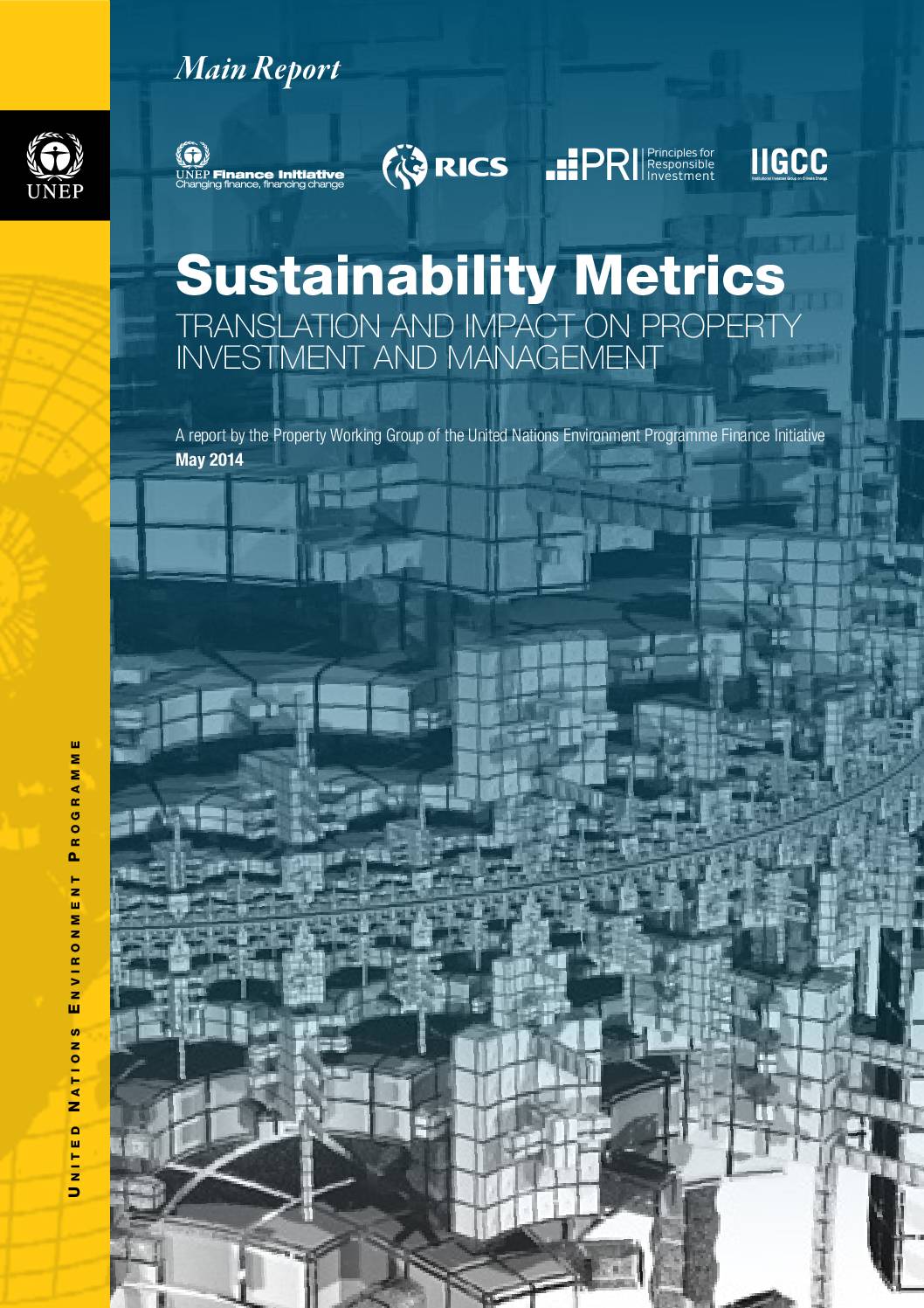This report provides a framework for a corporate real estate sustainability management (CR ESM) system for property investment and management organisations. The framework can be used as a means (1) to meet their environmental, social and governance responsibilities whilst addressing the financial/risk implications of sustainability and (2) as an overall quality assurance tool and mechanism. Recommendations for best practices are made for different levels: corporate, portfolio and single building. These recommendations are a response to the findings that (1) the property investment community has developed a largely shared understanding of what sustainability means in relation to single buildings and investment vehicles, and that (2) although most of the information and data factors required for sustainability performance assessment and management are already being captured, this is not yet performed in a systematic and well-organised manner.
The purpose of this report is to improve the industry´s ability and sophistication in creating the necessary information links and feedback loops within the system (i.e. the property market). This allows the system´s actors to possess and see the financial incentive to change their behaviour. A list of applicable sustainability metrics is provided with explanations of (1) how sustainability considerations can actually be embedded within business routines and decision making processes at different corporate levels, (2) how existing tools and methods can be adjusted/fine-tuned accordingly, and (3) how buildings sustainability performance can impact on asset and portfolio value, corporate reputation and financial success.
Share this

Sectors: Buildings, Cross cutting
Country / Region: Global
Tags: assessments, best practice, building types, climate governance, corporate reporting, impacts on systems and sectors, response, sustainabilityKnowledge Object: Publication / Report
Published by: UNEP FI
Publishing year: 2014
Author: UNEP FI
